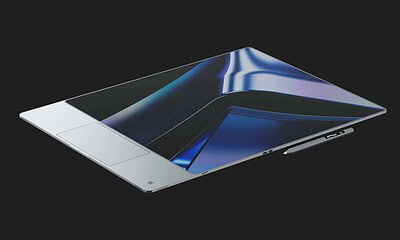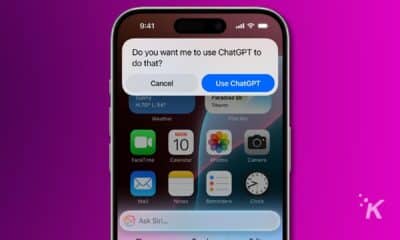Apple
Apple asks US court to dismiss iPhone monopoly lawsuit
The judge will release a decision by January 2025.

Just a heads up, if you buy something through our links, we may get a small share of the sale. It’s one of the ways we keep the lights on here. Click here for more.
Apple has argued in court that the Department of Justice’s (DOJ) antitrust case against it lacks merit, while the DOJ has urged that the matter proceed to trial for adjudication.
This legal dispute centers on accusations brought against Apple in March 2024.
Apple’s legal team, represented by attorney Devora Allon, contended that the DOJ’s claims lack a factual basis that directly ties Apple’s alleged conduct to harm for smartphone users.
Allon argued that the DOJ’s theories about potential harm to developers and consumers are speculative, failing to demonstrate actual damages or anti-competitive outcomes resulting from Apple’s business practices.
Justice Department attorney Jonathan Lasken denied Apple’s position, claiming that Apple was mischaracterizing the legal complaint and using its market power unfairly.
Lasken highlighted that while competition on the merits is permissible, leveraging monopoly power to suppress competitors crosses legal boundaries.
Both sides extensively presented their arguments during the three-hour hearing. Judge Neals remarked that Apple’s counsel addressed most of his questions, signaling that the court is now reflecting on the matter.
According to Bloomberg, the judge indicated a commitment to delivering a decision by January 2025.
Apple might win against DOJ’s iPhone monopoly lawsuit
The DOJ has a lower point in this phase of litigation. It needs to establish that its case is plausible enough to warrant a trial. In contrast, Apple must prove that the case has no factual or legal foundation.
Apple’s argument is supported by its claim that it is no longer engaging in the monopolistic practices alleged by the DOJ.
However, the involvement of multiple US states alongside the DOJ strengthens the government’s position and complicates Apple’s efforts to secure an outright dismissal.
If the judge dismisses the case in January, the DOJ and states are expected to appeal, extending the legal process.
Conversely, if the case proceeds to trial, it will likely extend over several years, given the complexity and significance of the issues involved.
Got any thoughts on Apple’s move? Do you think the US courts should dismiss the monopoly lawsuit? Let’s chat in the comments down below, or reach out to us via our Twitter or Facebook.































